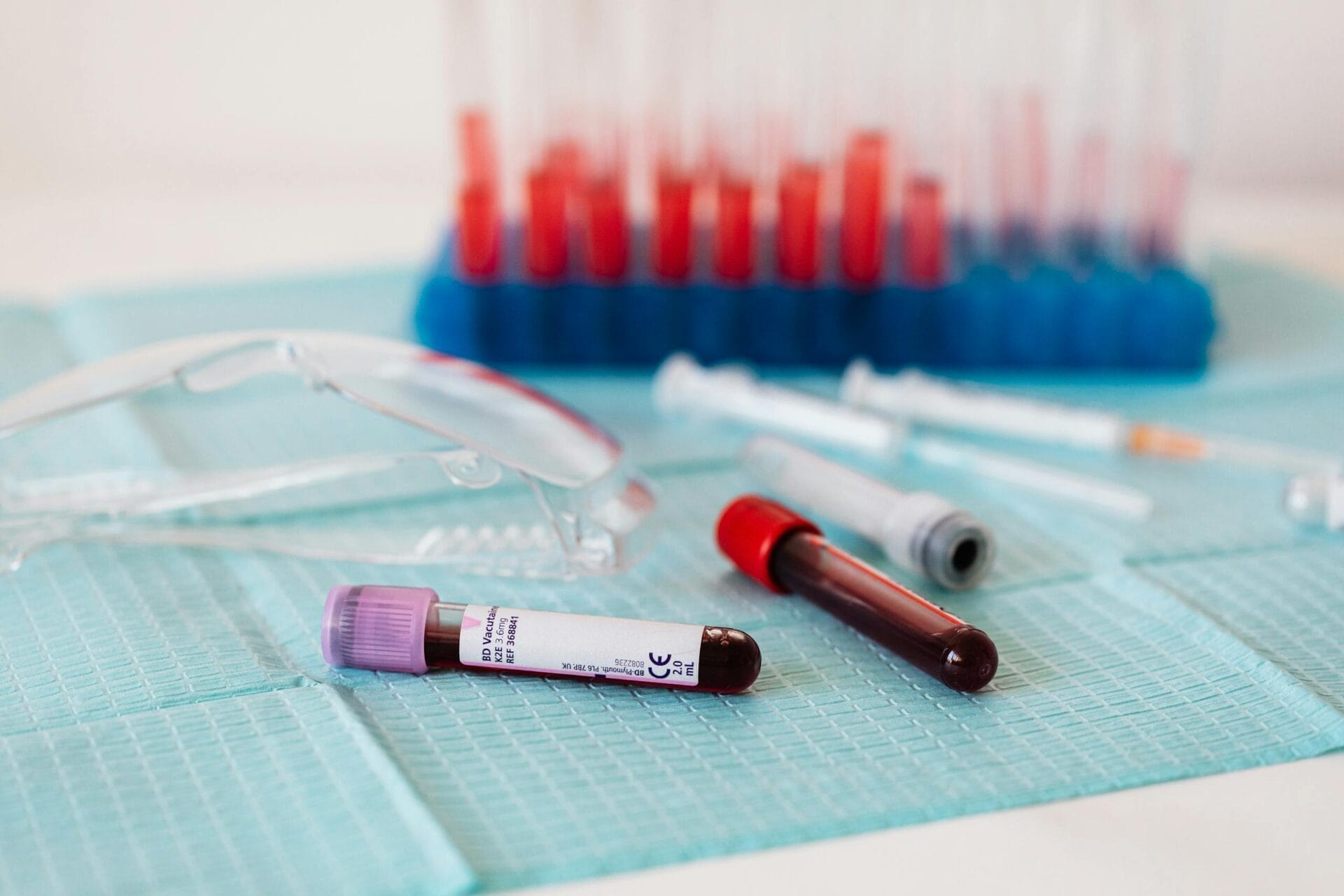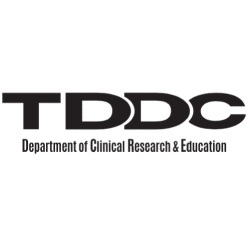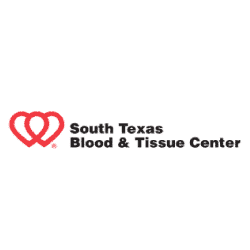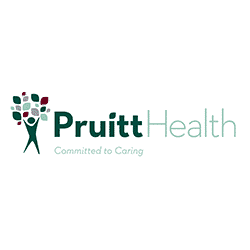Understanding Medical Waste Disposal: A Comprehensive Guide for Healthcare Facilities
Managing medical waste is a critical responsibility for healthcare facilities, ensuring the safety of patients, staff, and the environment. With various types of waste generated daily, understanding proper disposal methods is essential for maintaining compliance with regulations and avoiding potential hazards. This guide explores the different categories of medical waste and highlights best practices for safe and compliant disposal.
Types of Medical Waste
Healthcare facilities produce a variety of waste types, each requiring specific handling and disposal methods. The primary categories include:
- Infectious Waste: This includes materials contaminated with blood, bodily fluids, or infectious agents. Examples are used gauze, gloves, and other items that may pose a risk of spreading infection.
- Sharps Waste: Needles, syringes, and scalpels fall into this category. Improper handling of sharps can lead to injuries and exposure to bloodborne pathogens.
- Pathological Waste: This consists of tissues, organs, and other biological materials removed during medical procedures.
- Pharmaceutical Waste: Expired or unused medications, as well as materials contaminated with these substances, require careful disposal to prevent misuse and environmental contamination.
- Chemical Waste: Includes disinfectants, solvents, and other chemicals used in healthcare settings that may be hazardous if improperly disposed of.
- General Waste: Non-hazardous waste such as paper, packaging, and food waste, which can typically be disposed of with regular trash.
The Importance of Proper Medical Waste Disposal
Improper disposal of medical waste can have serious consequences, including:
- Health Risks: Exposure to infectious or hazardous materials can harm healthcare workers, patients, and waste handlers.
- Environmental Damage: Medical waste that enters landfills or water systems can pollute the environment and harm wildlife.
- Regulatory Penalties: Non-compliance with OSHA, EPA, or state regulations can result in significant fines and legal issues.
Proper waste disposal ensures compliance with regulations, protects public health, and minimizes environmental impact.
Best Practices for Medical Waste Disposal
Healthcare facilities can adopt the following best practices to manage medical waste safely and effectively:
- Waste Segregation: Separate waste at the point of generation into appropriate categories, such as sharps, biohazardous, and general waste. This reduces the risk of cross-contamination and lowers disposal costs.
- Use Appropriate Containers: Ensure all medical waste is placed in designated containers. For example, use puncture-resistant sharps containers for needles and red biohazard bags for infectious waste.
- Train Staff: Regular training ensures that healthcare workers understand proper waste handling procedures and are aware of regulatory requirements.
- Partner with a Licensed Disposal Provider: A professional waste management company like MedSharps ensures that medical waste is collected, transported, and treated in compliance with all regulations.
- Maintain Documentation: Keep accurate records of waste disposal activities, including manifests and tracking reports, to demonstrate compliance during audits.
How MedSharps Can Help
MedSharps specializes in providing comprehensive medical waste disposal services tailored to the needs of healthcare facilities. With a focus on safety, compliance, and sustainability, MedSharps offers:
- Secure Containers: High-quality sharps and biohazard containers to ensure safe handling and storage.
- Flexible Pickup Schedules: Tailored to your facility’s waste generation patterns, ensuring timely and efficient waste removal.
- Regulatory Compliance: Expertise in federal, state, and local waste disposal regulations to protect your facility from fines and penalties.
- Environmentally Friendly Solutions: MedSharps ensures waste is treated using methods that minimize environmental impact.
By partnering with MedSharps, healthcare facilities can streamline their waste management processes while focusing on patient care.
Conclusion
Understanding medical waste disposal is essential for maintaining a safe and compliant healthcare environment. By segregating waste, using appropriate containers, and partnering with a trusted provider like MedSharps, healthcare facilities can protect their staff, patients, and the environment. Contact MedSharps today to learn more about our customizable waste disposal solutions and how they can support your facility in achieving safety and compliance goals.











